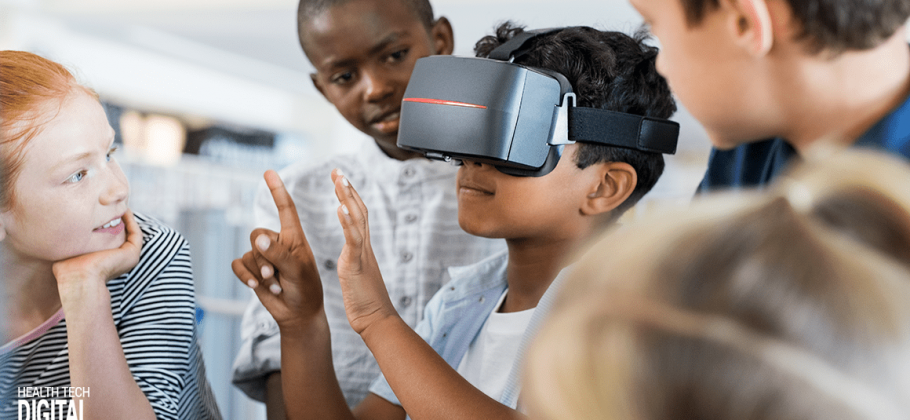Virtual reality (VR) is commonly known for its use in the entertainment sector but it is also making significant improvements to people diagnosed with autism. VR is helping to deliver much needed therapy such as language and speech therapy. Floreo is a tech start-up who have harnessed the technology of VR to help others and make therapy more accessible by bringing it into the home environment. Autism therapy usually involves in-person sessions with a doctor, but now it can be done in a more familiar environment. Instead of interacting with colourful items on a table, children are able to view a giraffe in a virtual animal park! The technology is said to have a calming effect on children with autism.
VR is helping medical students with their training by allowing them to train in an environment that simulates real-life examples without causing danger to patients. HumanSim is an immersive experience which trains healthcare professionals how to act in certain scenarios and measures their emotions with the use of a variety of sensors. One of the most popular uses of this technology is assisting trainee surgeons in a virtual reality game of operation. Trainee surgeons use VR headsets and haptic gloves to perform a number of different surgeries in a safe simulation environment. Back in 2016, around 13,000 medical students watched the world’s first real VR surgery take place at Royal London hospital. It was live-streamed in 360-degree video, allowing medical students to immerse themselves in the procedure in real time.
The only drawback with VR at the moment is the issue of time delay which causes “cybersickness” brought on by excessive amounts of time spent in the VR world. As the technology advances, the latency will decrease and we will see a more prolonged, enjoyable experience in VR worlds. VR has inspired many innovators who are now thinking of ways to use the technology to improve the lives of people around the world.









